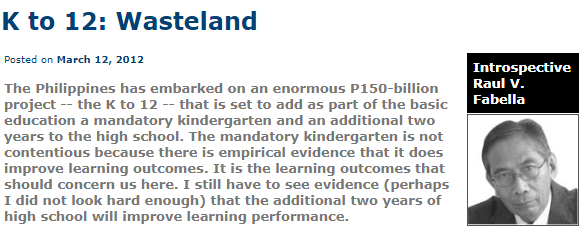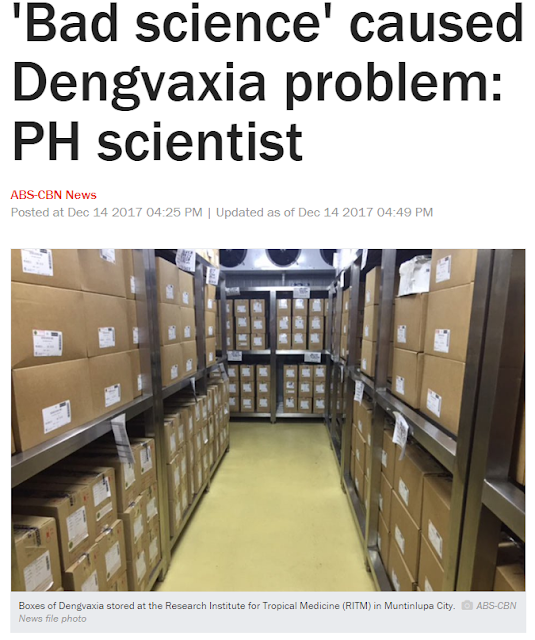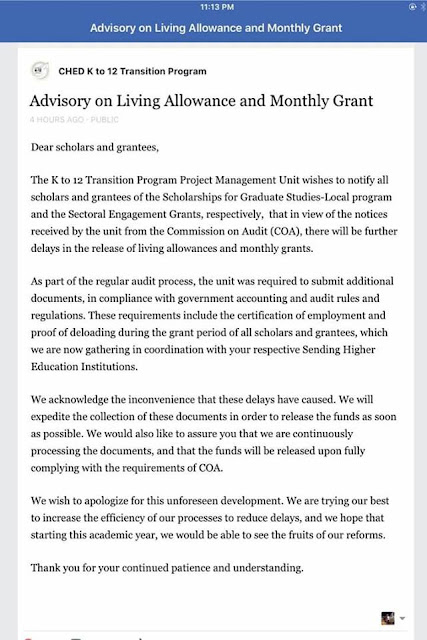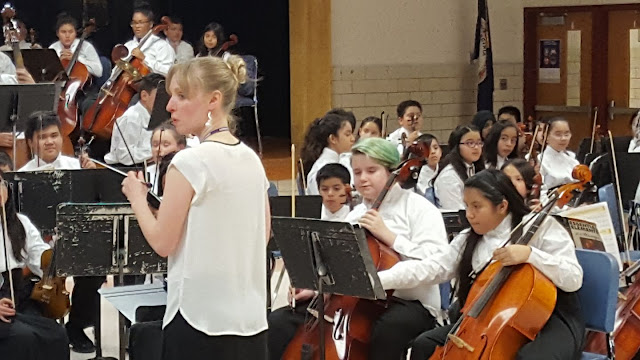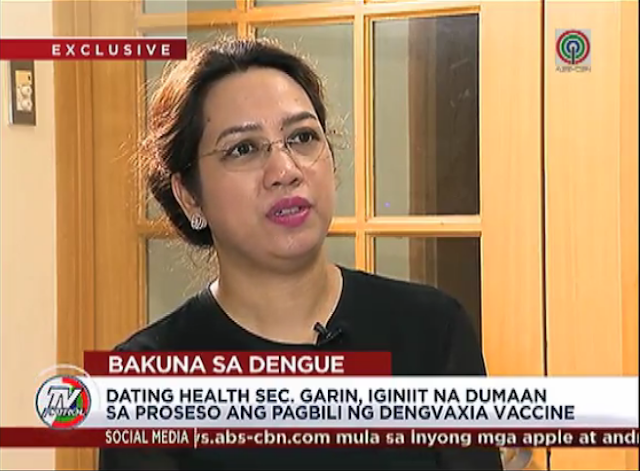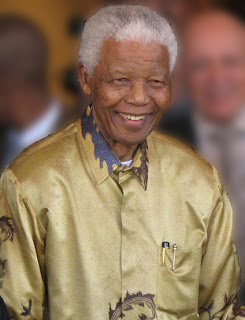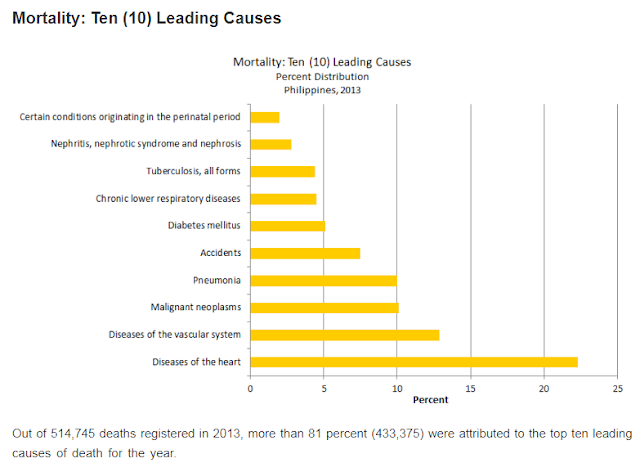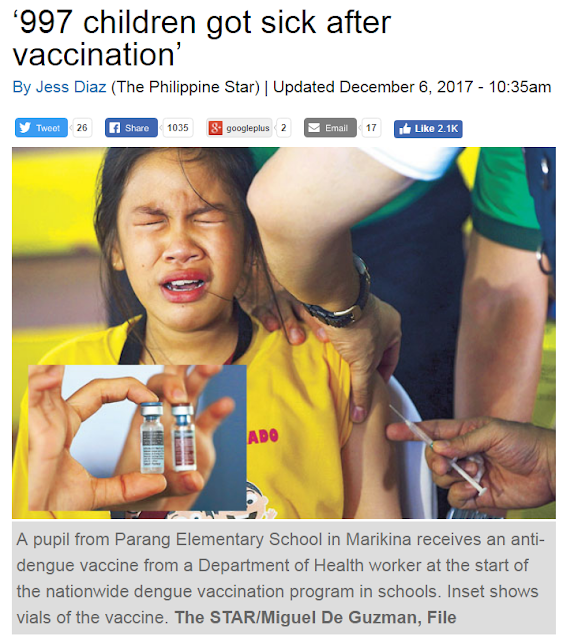A Merry Christmas and a Happy New Year to All

It is Christmas season. Christmas Is Around the Corner With shorter days, longer nights, and colder weather (if you happen to live in the northern hemisphere), nature seems calling us to return home, giving us an opportunity to reflect and nurture our inner self. Decorations can surely lift our mood. Decked halls are meant to bring out that holiday spirit especially during a winter solstice. A giant inflatable Santa Claus standing on one of the roofs near Georgetown University is certainly a welcoming sight to see in the morning from the Key Bridge. It is Christmas. Oliver Wainwright was perhaps not trying to outdo Scrooge when he wrote " Santa's real workshop: the town in China that makes the world's Christmas decorations " in the Guardian about a year ago. Nonetheless, the article did raise some questions regarding how to decorate for Christmas. Above copied from Oliver Wainwright's Guardian article Since we are in a time conducive for r...
